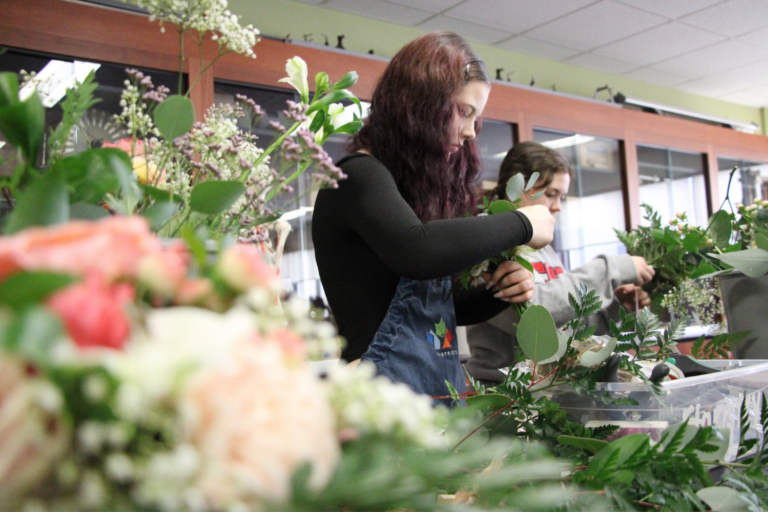
Feeling down in the dumps? You’re not alone. As a matter of fact, 1 in 5 Americans suffers from a mental health disorder in any given year. And depression is the most common of these disorders, affecting more than 19 million Americans each year. If you’re one of those people who feels gloomy all the time, you may be wondering what you can do to feel better. The good news is that there are plenty of things you can do to improve your mood and get your life back on track. We will explore some of the best strategies for overcoming depression and feeling happier again.
Focus On Yourself
One of the best things you can do for your mental health is to focus on taking care of yourself. This means eating a healthy diet, getting regular exercise, and getting enough sleep. It also means taking some time each day to do something that you enjoy, whether it’s reading, listening to music, or spending time with friends or family. So, implementing self-care for managing depression is a great place to start. When you take care of yourself, you’ll feel better both physically and mentally. For example, you can:
- Make sure you’re eating a healthy diet. Eating nutritious foods will help your body and mind to function at their best. Aim to eat plenty of fruits, vegetables, whole grains, and lean protein. And limit sugary and fatty foods.
- Get regular exercise. Exercise releases endorphins, which have mood-boosting effects. Just 30 minutes of moderate exercise (such as walking) each day can make a big difference in how you feel.
- Get enough sleep. Most people need around eight hours of sleep per night. If you’re not getting enough sleep, it can worsen symptoms of depression. So, make sure you’re prioritizing restful sleep.
Seek Professional Help
If you’ve been feeling down for more than a couple of weeks, it may be time to seek professional help. A therapist can help you to identify the negative thoughts and beliefs that are contributing to your depression. They can also teach you coping skills for dealing with difficult situations and managing your symptoms. If you’re not sure where to start, you can search for a therapist in your area through the American Psychological Association or the National Board for Certified Counselors.
Medication
For some people, medication may be an effective treatment for depression. If you’re considering this option, it’s important to talk to your doctor about the potential risks and benefits. There are several different types of medications used to treat depression, so it may take some trial and error to find the one that works best for you. But don’t get discouraged – many people with depression are able to find relief with medication. For example, you may want to ask your doctor about:
- Selective serotonin reuptake inhibitors (SSRIs). These are the most commonly prescribed type of antidepressants. They work by increasing levels of serotonin in the brain, which can help to improve mood.
- Serotonin and norepinephrine reuptake inhibitors (SNRIs). These medications work similarly to SSRIs, but they also affect norepinephrine levels in the brain. This can make them helpful for treating depression that’s resistant to other types of medication.
- Tricyclic antidepressants. These older medications are typically used as a last resort when other medications haven’t been effective. They can be more difficult to tolerate due to side effects like dry mouth and constipation.
- Monoamine oxidase inhibitors (MAOIs). These medications are usually only prescribed when other types of medication haven’t worked. They come with a risk of serious side effects, so they must be used with caution.
Socialize More
When you’re feeling down, it can be tempting to isolate yourself from others. But spending time with loved ones or being around other people can actually help to improve your mood. So, make an effort to socialize more, even when you’re not feeling your best. This may mean meeting up with friends for coffee, going out to lunch with a coworker, or attending a family gathering. If you don’t have many close friends or family members nearby, there are plenty of other ways to socialize. You can join a club or meetup group, take a class, or volunteer in your community.
If you’re feeling depressed, it’s important to know that you’re not alone. Millions of people struggle with depression each year. But there are things you can do to feel better. Implementing self-care strategies, seeking professional help, and exploring treatment options can all be effective ways to improve your mood and get your life back on track. So, don’t give up – help is available.













